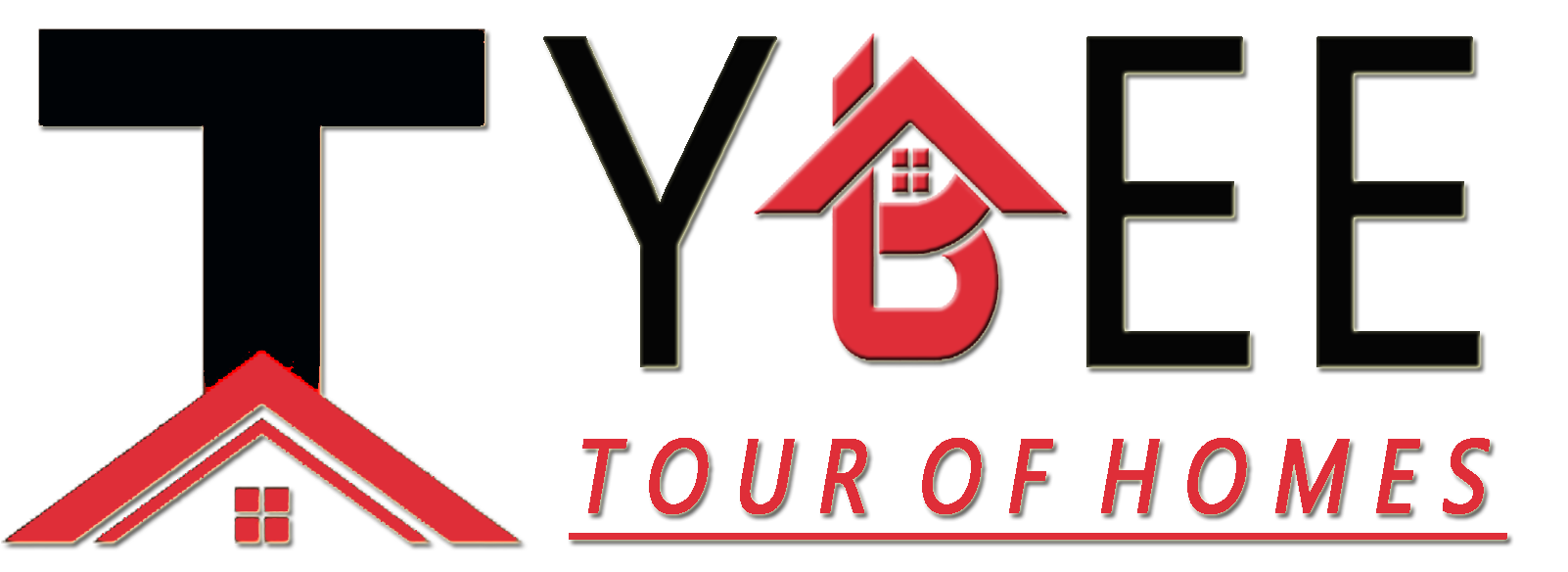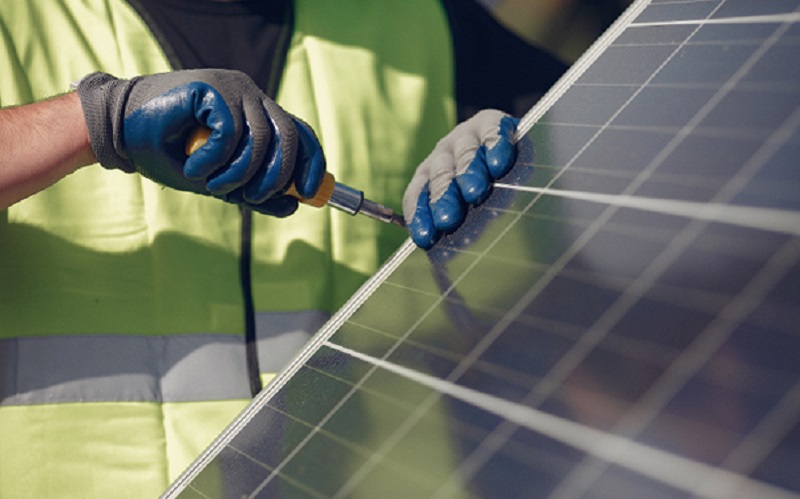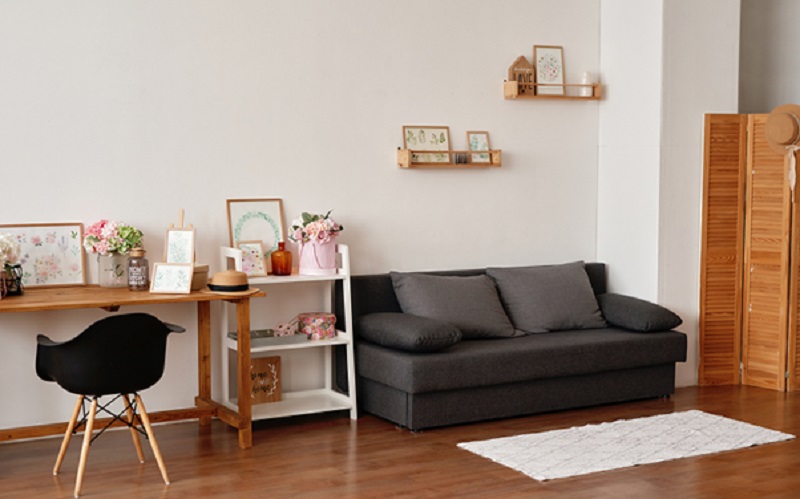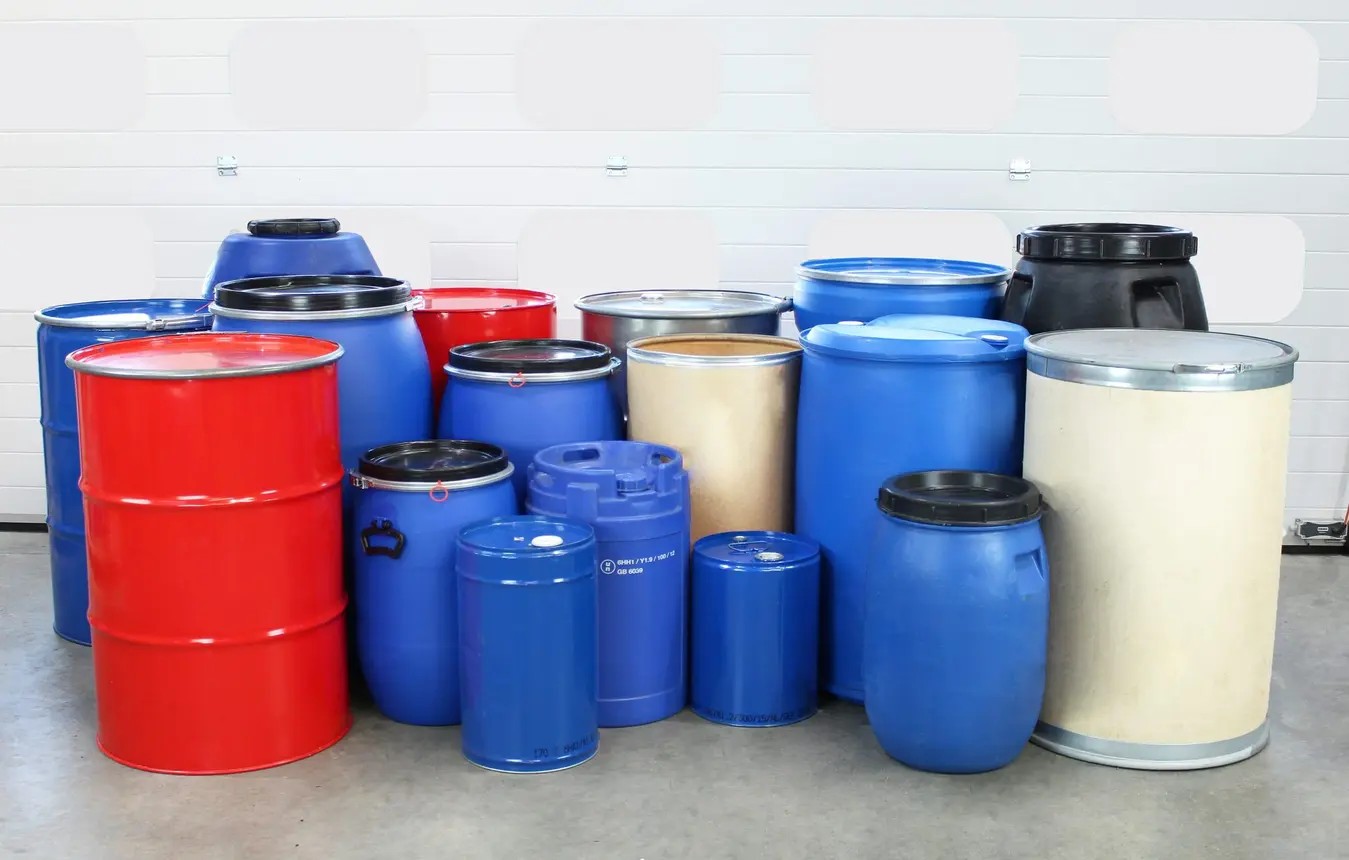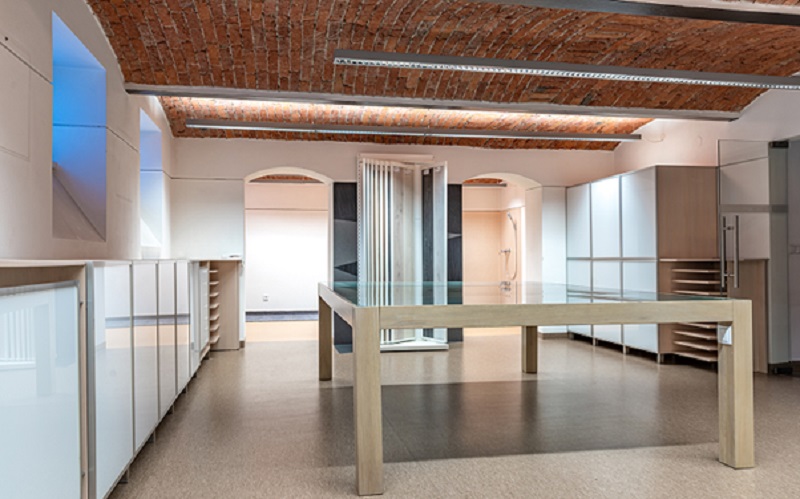In Singapore, solar adoption has grown significantly as more homeowners and businesses seek sustainable energy alternatives. However, while the technology behind solar power is reliable, the quality of solar panels and installation plays a crucial role in performance and longevity. Improper setup not only reduces efficiency but also leads to technical faults and costly repairs. Understanding the risks associated with poor installation helps ensure long-term value from your investment.
1. Inadequate Structural Support
One of the first problems that can arise from improper installation is inadequate structural support. Solar panels must be mounted securely to withstand the weight of the panels as well as local weather conditions. If the mounting framework is not properly anchored, the panels may shift or become damaged during strong winds or heavy rain, both common in Singapore’s tropical climate. Without proper support, roofing structures may suffer long-term stress or even collapse, especially in older buildings not originally designed for solar panel loads.
2. Incorrect Wiring and Electrical Connections
Faulty wiring is another major concern. A competent solar panel installer must ensure all electrical components are securely connected and meet local safety standards. Incorrect or loose connections can result in reduced energy output, electrical shorts, or even fire hazards. In some cases, improper wiring can lead to energy leakage, where electricity generated by the panels never reaches your appliances or storage systems. This directly impacts your electricity savings and may increase your maintenance costs over time.
3. Shading and Poor Orientation
Even the most advanced solar panels will underperform if installed without consideration for sunlight exposure. An inexperienced installer might position panels in a shaded area or at the wrong angle, severely affecting their ability to absorb sunlight efficiently. In Singapore, optimal orientation and tilt angles are necessary to maximise solar harvesting throughout the year. Incorrect positioning may not be obvious immediately, but it will reflect in your electricity bill and energy production data over time.
ALSO READ: A Guide to Installing Solar Panels in Your Household
4. Water Leakage and Roof Damage
Improper drilling and sealing during installation can compromise your roof’s integrity. This often results in water seepage during heavy rain, causing mould, insulation damage, or structural deterioration. Roofs with frequent leaks may eventually require complete repairs or replacements, which can be costly and disruptive. To avoid such issues, it’s essential that the installer uses proper waterproofing techniques and ensures all roof penetrations are adequately sealed. This is particularly important for buildings with complex or sloped roofing.
5. Lack of System Integration
In some cases, poorly installed systems are not properly integrated with other household or commercial energy systems, such as batteries, inverters, or monitoring tools. This leads to inefficiencies in energy use, system conflicts, or failure to track performance metrics accurately. When solar panels and installation are not designed to suit the specific needs of a property, users may find themselves relying on the grid more often than anticipated, defeating the purpose of going solar in the first place.
How to Avoid These Issues
The best way to prevent these common problems is by choosing a certified and experienced solar panel installer. Make sure they perform a full site assessment, understand local building codes, and offer warranties for both the panels and the installation work. Ask for case studies or references from previous clients in Singapore to gauge their level of expertise. It is also wise to compare several providers and get detailed quotations that explain the installation process clearly.
Conclusion
Improper installation can compromise the efficiency, safety, and longevity of your solar system. From structural issues to electrical faults and roof damage, these challenges can all be avoided by working with a qualified solar panel installer. Take the time to evaluate providers carefully, and ensure the setup is tailored to your property’s specific requirements. By investing in professional services, you can enjoy the full benefits of solar energy without unnecessary setbacks.
Contact LHN Energy today to schedule a consultation and ensure your solar panels and installation are done right the first time.
